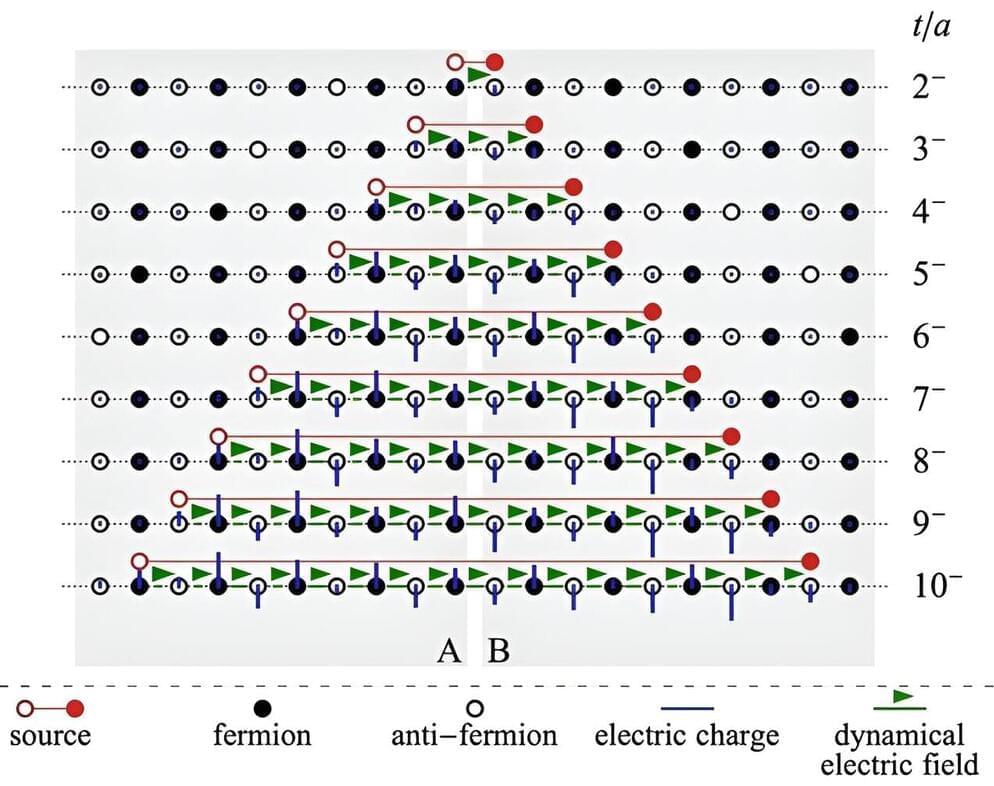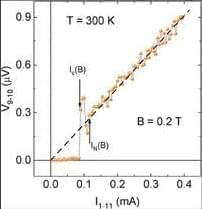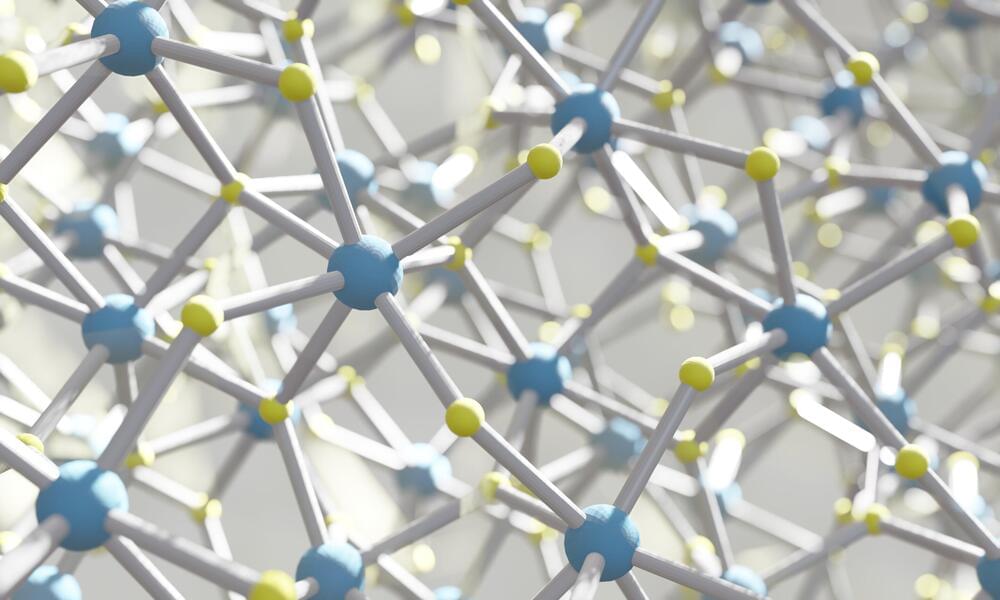“Not every planet is suitable for direct imaging, but that’s why simulations give us a rough idea of what the ELTs [Extremely Large Telescopes] would have delivered and the promises they’re meant to hold when they are built,” said Huihao Zhang.
What aspects of an exoplanet should astronomers focus on to find signs of extraterrestrial life? Should they focus on the parent star, the exoplanet’s surface, or something else? This is what a recent study published in The Astronomical Journal hopes to address as a team of researchers from The Ohio State University (OSU) discuss how astronomers could use the next generation of telescopes, specifically the James Webb Space Telescope (JWST) and other Extremely Large Telescopes (ELTs), to conduct more in-depth analyses of an exoplanet’s atmosphere, specifically searching for signs of oxygen and methane, as these are present in the Earth’s atmosphere. This study holds the potential to not only establish criteria for searching for signs of extraterrestrial life, but how astronomers can search for this criterion, as well.
For the study, the researchers used computers models to simulate how an exoplanet’s atmosphere on 10 nearby rocky exoplanets could be analyzed for oxygen, water, methane, and carbon dioxide using what’s known as the direct imaging method with ELTs. The direct imaging method is where astronomers blot out the intense glare from the parent star, making exoplanets orbiting it “appear”, making them easier to identify and study. In the end, the researchers found that GJ 887 b (11 light-years away) was the most promising candidate for detecting biosignatures in its atmosphere while Proxima Centauri b (4.4 light-years away) was found to only be detectable for carbon dioxide.









